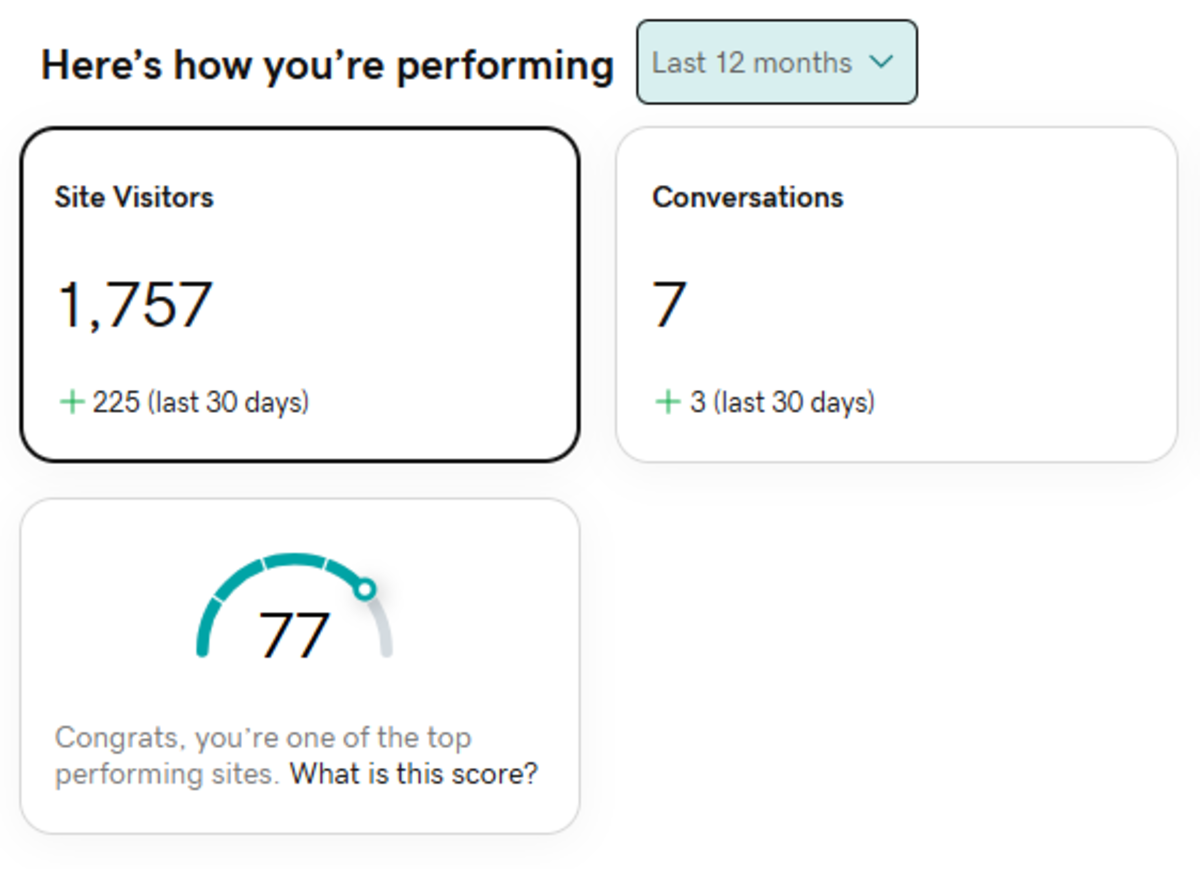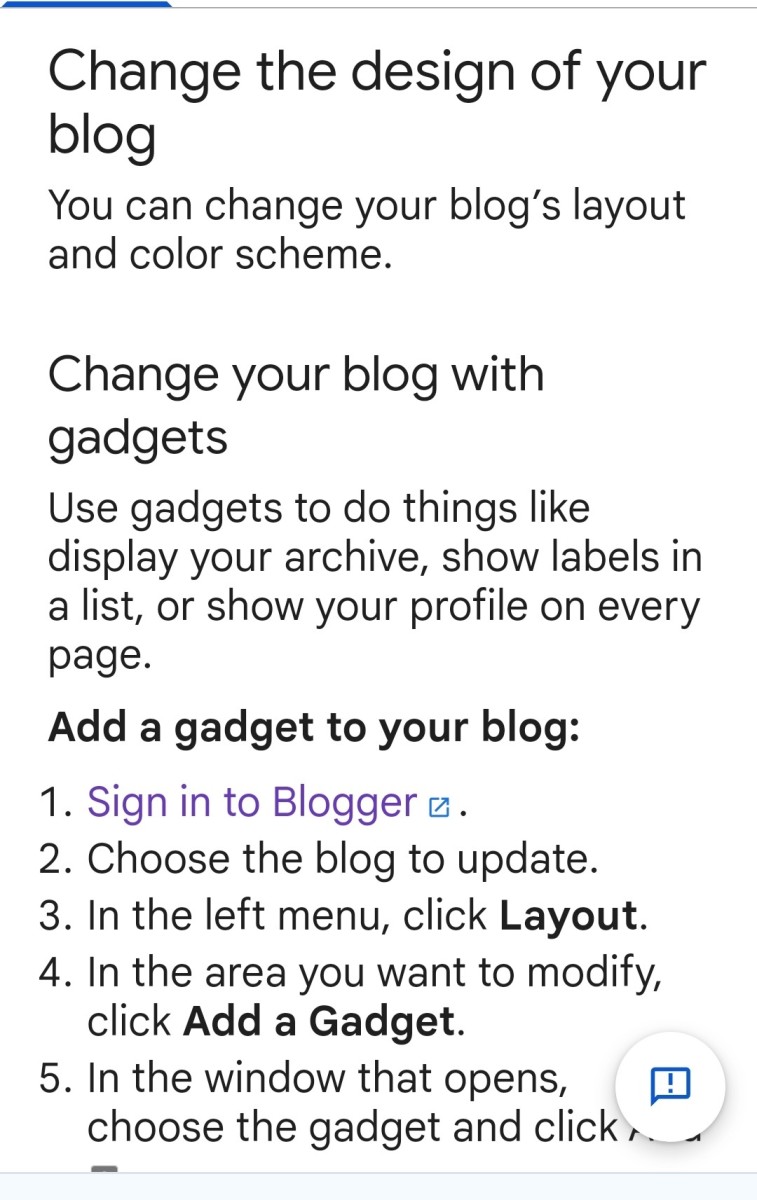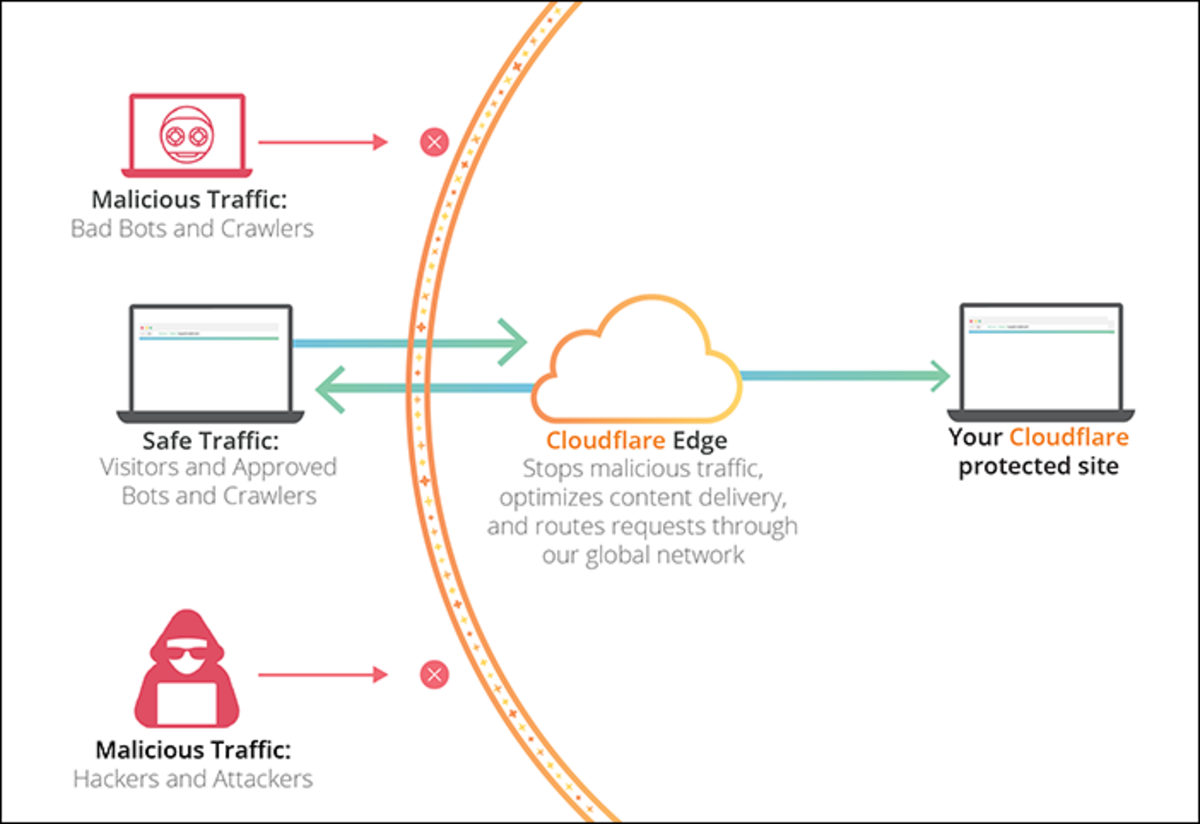An Introduction to Personal SEO
Introduction
There are jokes about how people Googling themselves can be seen as an act of curious narcissism, but it has become a necessary step before you apply for jobs or want to understand why your potential partner turned you down before the first date. Your personal digital presence is what others see when they do a web search on you. It is the modern version of your reputation, and a bad one can cost you opportunities in all areas of your life. The solution is to see it as something to be managed, controlled and optimized - your personal SEO.
What Is Personal SEO?
Personal SEO or personal search engine optimization is the optimization of the digital footprint generated when someone does an internet search of you. While you cannot control what people say about you in casual conversations, you do have a surprising degree of control over your online presence.
How Do You Perform Personal SEO?
For many people, the only thing they know how to do to improve personal SEO is cleaning up their social media accounts if not hiding them. Some people set up second, fake social media profiles and give these account names to employers while job hunting.
Your personal SEO should involve applying SEO to your clean, professional social media profiles so that they come up first in searches for you. It may involve deactivating and deleting social media profiles that hurt your digital reputation, but only if the content shared there is visible to the public and easily linked to you.
This means a fan fiction website under comicname4508 doesn’t matter, but a political discussion board with your user name matching your other social media user names should either be shut down or thoroughly cleaned up so that it is unlikely to hurt you. For example, nearly no one sees the second page of search results. If someone goes to the profile you chose not to shut down, shift the online conversation to less controversial content or content you would think would improve your standing with the readers you want to impress. If there are several pages of this type of content, likes and images, you could reduce the odds that someone would see something that hurts you in a job search.
This work won’t prevent a dedicated troll from finding something to publicize and organize a digital lynch mob against you. However, this isn’t new. Cardinal Richeliu said in 1887, “Show me 6 lines written by an honest man, and I will find enough in them to hang him.”
The ideal personal SEO is to use the same professional user name across multiple social media accounts such as Facebook, LinkedIn and Twitter. This act gives your name the same weight with search engines that it gives brands.
Review your social media mentions. You should probably prohibit others from tagging you in photos on sites like Facebook, though you could invest effort into reviewing every post they tag you in. This limits the chances of you from being tagged for notification purposes on controversial content you don’t want to be associated with and prevents others from tagging you in embarrassing images. You can’t stop them from listing you in the description of the image, but it doesn’t have the same impact as tags.
Reputation management companies seek to create content that crowds out negative online content. You can imitate that effect by creating new social media profiles on sites like Instagram you did not previously have using the same user name, crosslinking to the positive social media accounts you want to promote. Occasionally post content there to show that the account is active, and it will help “crowd out” the search engine results from a five year old flame war you had.
If you have a legitimate small business, consider creating a business website for that business, including the name people search for you by. Have the business added to business directories like “Google My Business”, using the same business name, address, phone number and website. Google rewards businesses with the exact same formatting and information repeated across many business directories. And these business directories have more weight with search engines as results than general social media content.
Use social media to share positive content about yourself, since this will raise its status in search engine results. Did you join a group of volunteers on a project? Share the link to the news article with a mention that you were there. Did you win an award? Share the link to the page and give yourself a shout out. If it was a while ago, use internet trends like Wayback Wednesday on Instagram and Throwback Thursday on other sites to share even scanned articles and images with a note “Look what happened ten years ago!” The new posting is treated as more important than older, negative content, regardless of the age of the actual mentioned event.

Your Social Media Profiles as Your Online Resume
You should approach your professional social media profiles as the cover page of your resume. Your LinkedIn profile should contain all the skills you would love to showcase on your resume. Seek votes on your skills to increase the weight companies give your profile relative to someone who simply enters the skills themselves. Ask for endorsements from others, especially current and former coworkers or clients. These endorses are the professional equivalent of five star reviews on a business directory; they are given great weight by searchers.
List your current and past job responsibilities in detail. LinkedIn in particular is perfect for listing everything you wish you could but cannot fit in a one page resume. Describe day to date responsibilities, accomplishments and success stories. Unlike your resume, LinkedIn allows you to post pictures of yourself receiving awards and completed consulting projects.

Positive, Digital Engagement
If you have expertise in an area, you can set up a blog to discuss trends in the profession or your industry. You could do this as articles published on LinkedIn or your own Wordpress blog. Remember to keep the content professional and not let it turn into an online gripe session. Respond to quality comments to build engagement. If this seems too time consuming, go to Quora or a similar site and answer others’ questions. It builds up your reputation as a knowledgeable, helpful person without the hassle of a blog.
If you post positive content and others share it, thank them in the comments below. It shows the sharer that you noticed and increases the links between your name and the content in the eyes of the AI behind the search engine.








